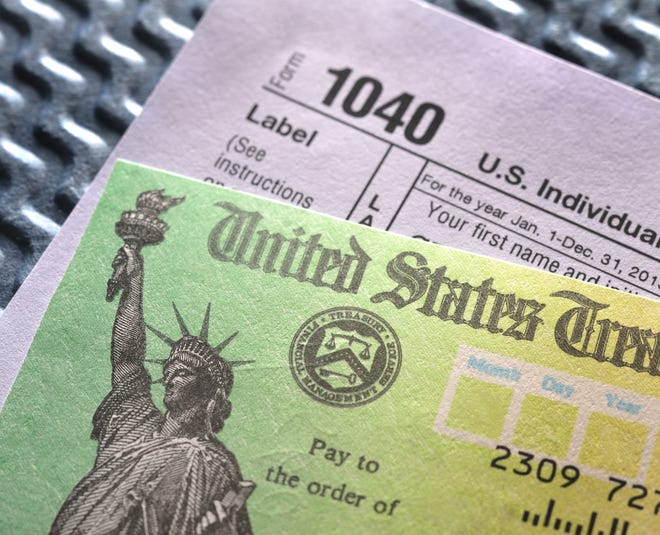In a decision that could impact real estate investment trusts (REITs) whose leases include percentage or contingent rent clauses, the IRS recently changed its previous position that rent paid under a Formula rent escalation is eligible income for REITs. Revoking its earlier 2013 ruling, the IRS has now concluded that an adjustable rent clause is not based on gross receipts or sales, but rather on the tenant’s income or profits, and therefore rental payments. rent are not eligible income.
Many REIT leases include percentage or contingent rent clauses, and the analysis of their tax treatment is very factual. In light of the apparent change in IRS policy, REITs that treat rent under such provisions as qualifying “immovable rent” may want to review their leases.
Real estate rents
To qualify as a REIT, an entity must meet two gross income tests per year. First, under section 856(c)(2) of the IRC, at least 95% of a REIT’s annual gross income must come from certain types of passive income, including real estate rentals. Second, under Section 856(c)(3) of the IRC, at least 75% of a REIT’s annual gross income must come from certain real estate-related sources, including real estate rents. .
Generally, “real estate rentals” are the gross amounts received for the use of, or the right to use, REIT real estate. Adjustable rents based on a fixed percentage of revenue or sales are considered “property rents”, but those based in whole or in part on property income or profits are disqualified as rents for the purposes of the REITs.
Failure to meet the gross income criteria could result in the loss of REIT status unless the failure is due to reasonable cause and certain other requirements are met.
decision
In Private Letter Ruling 202205001, issued February 4, 2022 (the 2022 PLR), the IRS partially revoked a favorable PLR issued in 2013 (the 2013 PLR). The 2013 PLR authorized the treatment of qualifying income for rents paid under a rent escalation clause according to a formula. In revoking the 2013 PLR, the IRS states that the 2013 PLR’s conclusion that the rent escalation formula is based on “revenue or sales” – and thus “real estate rents” in under IRC Sections 856(c)(2) and 856(c)(3) – no longer “consistent with the current views of the Service”. Instead, the IRS considers the adjustable rent clause to be a measure of the tenant’s income or profits.
The leases at issue in the 2022 PLR included a rent escalation clause which increased the base rent each year by the lesser of:
- a fixed percentage of the base rent for the previous year; and
- an amount (but not less than zero) which, when added to the previous year’s base rent, would yield a specified ratio of “adjusted income” to total rent payable for that previous year.
Each of these leases defined “adjusted income” as the tenant’s net income less expenses other than (i) interest expense, (ii) income tax expense, (iii) depreciation expense. , (iv) rent expense and (v) certain other expenses.
When reassessing this provision, the IRS explained that “adjusted income is not equivalent to receipts or sales and is rather a measure of the income or profits derived by the tenant from the operation of the property” . Therefore, the IRS has concluded that amounts received or accrued under the leases are not considered “immovable rent” under section 856(d)(2)(A).
Consequences
This decision demonstrates that the IRS is limiting its view on the types of rental formulas in leases that will generate income that qualifies as “real estate rents” for REIT purposes. Since the definition of “real estate rentals” for REIT purposes also applies in determining whether rental income qualifies for MLPs, this decision also has an impact on MLPs. Further, since decisions interpreting the REITs’ definition of “immovable rent” often serve as guidance as to whether a payment to a tax-exempt entity falls within the definition of rent for non-taxable income purposes related to a business, this ruling may also affect tax-exempt entities.
REITs, MLPs and tax-exempt entities with leases will need to consult with their tax advisors and carefully review lease agreements to ensure that amounts derived from leases are not based on income or profits in order to avoid a possible tax controversy.
 Resource KT
Resource KT


